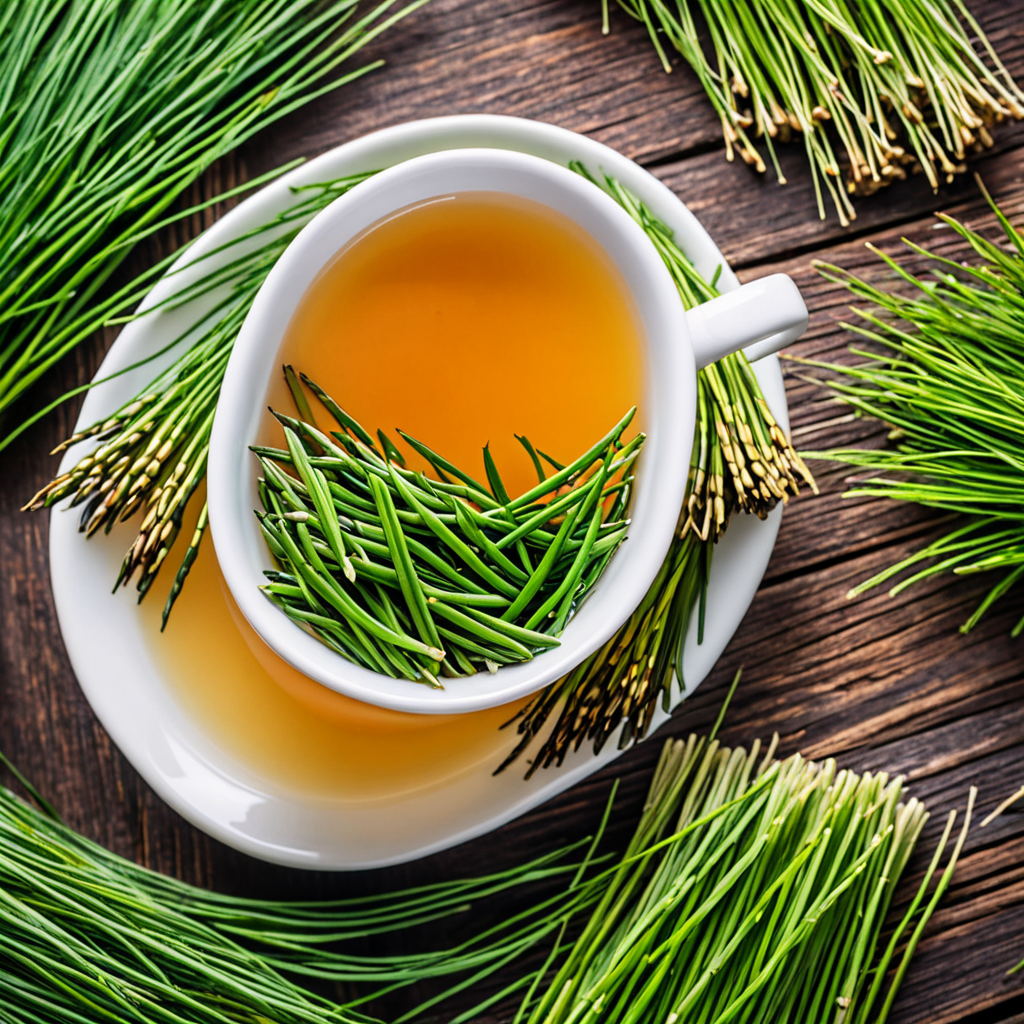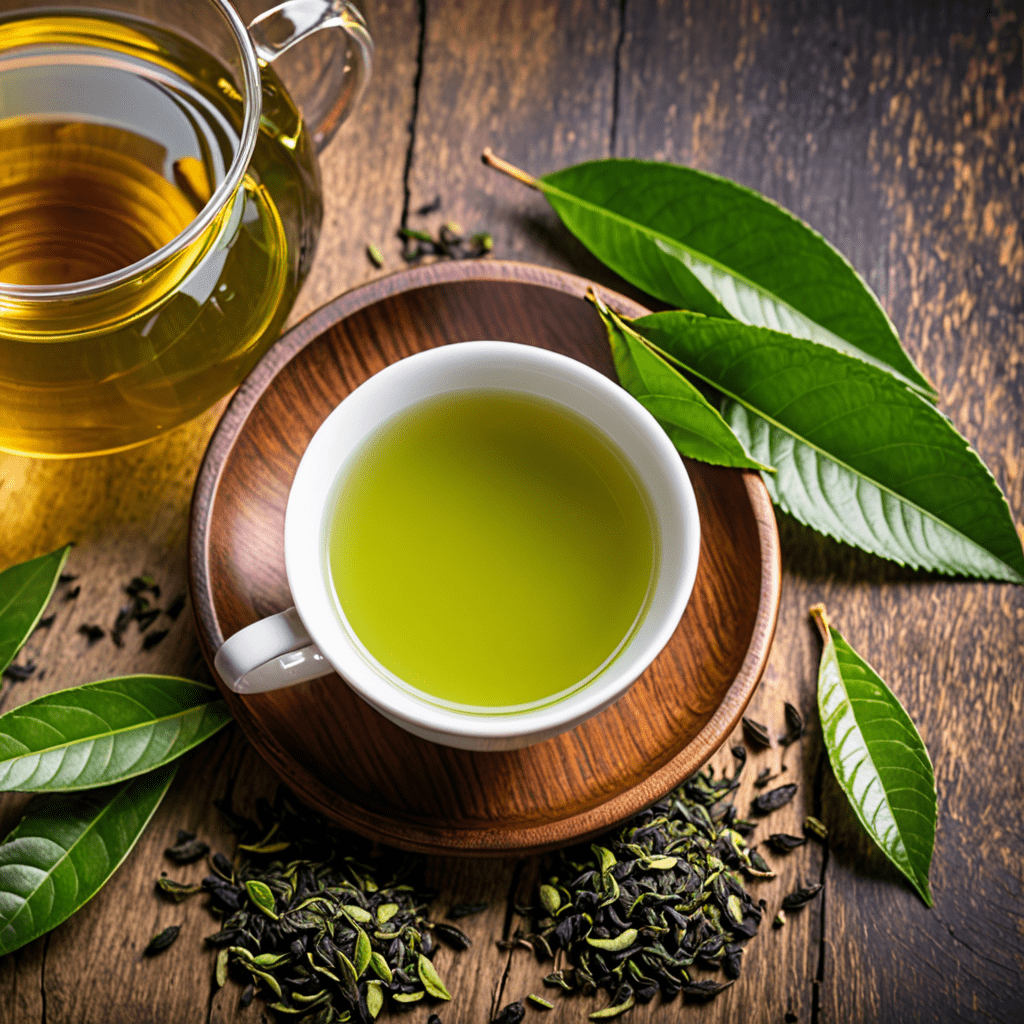Ceylon Tea Traditions: An Ode to Sri Lankan Heritage
## Introduction
Nestled amidst lush green hills and tropical forests, Sri Lanka, formerly known as Ceylon, holds a revered place in the global tea landscape. For centuries, the island nation has been renowned for its exquisite Ceylon teas, each cup carrying a heritage woven with the traditions, culture, and passion of the Sri Lankan people.
## The History of Ceylon Tea
The origins of tea cultivation in Sri Lanka can be traced back to the late 1800s when Scottish planters introduced the tea plant to the island's fertile soil. With its idyllic climate, high elevation, and abundant rainfall, Sri Lanka proved to be an ideal setting for tea cultivation. As plantations flourished, Ceylon tea quickly gained prominence on the world stage.
## The Unique Terroir of Sri Lanka
Sri Lanka's unique geographic location and microclimates have forged an extraordinary diversity of tea growing regions, each with its distinguishing characteristics. The island's central highlands, embraced by towering mountains, produce the world-renowned Uva and Dimbula teas known for their full-bodied flavors. The low-lying coastal plains yield exquisite Nuwara Eliya teas, characterized by their floral notes and delicate aromas.
The Intricate Process of Tea Production
The journey from tea leaf to cup is a meticulous process steeped in tradition. Ceylon tea producers employ artisanal techniques passed down through generations. The harvested leaves undergo a series of steps, including withering, rolling, oxidation, and drying. Each stage requires precise timing and expertise to extract the optimal flavors and aromas from the leaves.
The Diverse Varieties of Ceylon Tea
Sri Lanka's diverse climates and terroir give rise to an exceptional range of Ceylon teas, each with a distinctive character. The island's high-grown teas, such as Nuwara Eliya and Uva, are renowned for their complex flavors and bright, golden liquors. The mid-grown varieties, like Dimbula and Kandy, offer a balance of strength and subtlety, while the low-grown teas, such as Ruhuna and Sabaragamuwa, are characterized by their bold, earthy notes.
The Traditional Ways of Brewing Ceylon Tea
Brewing a perfect cup of Ceylon tea is an art in itself. Traditional methods involve using a teapot and high-quality water. The tea leaves are steeped for a specific time, depending on the desired strength and variety. The resulting brew is a symphony of flavors and aromas, perfect for savoring alone or sharing with friends and family.
The Significance of Tea in Sri Lankan Culture
Tea holds a central place in the fabric of Sri Lankan society. It is a beverage deeply intertwined with the country's traditions, hospitality, and social life. Tea plantations are an integral part of the landscape, and tea pluckers are respected members of the community. The island's signature tea-drinking experience, known as 'afternoon tea,' is a cherished ritual enjoyed by locals and visitors alike.
The Future of Ceylon Tea Traditions
As the world evolves, the traditions of Ceylon tea continue to be cherished and preserved. Tea producers are embracing sustainable farming practices to protect the environment and ensure the longevity of the industry. The passion and dedication of the Sri Lankan tea community will undoubtedly shape the future of Ceylon tea, ensuring its legacy as a symbol of excellence, heritage, and cultural identity.
Frequently Asked Questions (FAQs)
What is the best way to brew Ceylon tea?
Ceylon tea is traditionally brewed in a teapot using high-quality water. Steep the tea leaves for the recommended time, depending on the variety and desired strength.
What are the different types of Ceylon tea?
Ceylon tea comes in a diverse range, including high-grown, mid-grown, and low-grown varieties. Each type offers unique flavors and characteristics, catering to different taste preferences.
What is the significance of tea in Sri Lankan culture?
Tea holds a deep cultural significance in Sri Lanka, where it is deeply intertwined with traditions, hospitality, and social life. Tea plantations are an integral part of the landscape, and the island's tea-drinking experience, known as 'afternoon tea,' is a cherished ritual.

